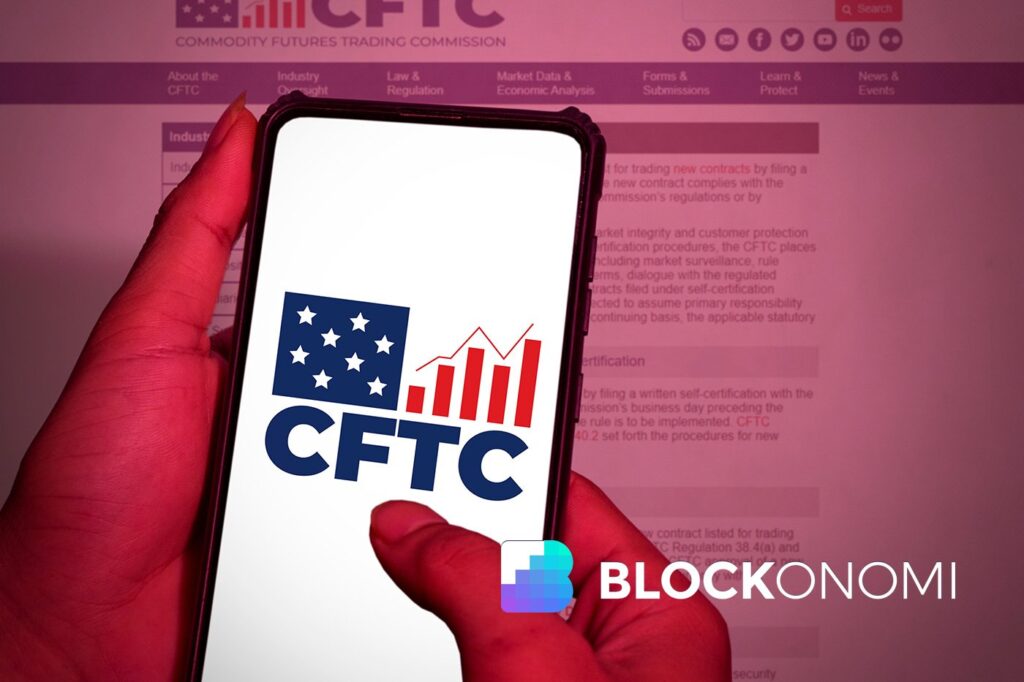TLDR:
- U.S. Senate crypto market structure bill draft gives the CFTC authority over digital commodities like Bitcoin and Ethereum.
- Developers gain protection from being classified as money transmitters under the new bill.
- The bill ties crypto custody to U.S. Treasuries, linking markets to dollar-based collateral.
- Retail investors get safeguards through a new Digital Commodity Retail Office at the CFTC.
The U.S. Senate Agriculture Committee has introduced a comprehensive crypto market structure bill that could reshape digital asset regulation nationwide.
The proposal gives the Commodity Futures Trading Commission (CFTC) primary authority over digital commodities such as Bitcoin and Ethereum. It also establishes a clear framework for custody, investor protection, and cross-border regulatory cooperation. The move marks a pivotal shift toward integrating crypto markets within the U.S. financial system.
CFTC Takes Center Stage in Crypto Oversight
According to EndGame Macro, the bill positions the CFTC as the primary regulator for spot and derivatives trading of digital commodities. This approach ends years of regulatory uncertainty between the CFTC and the SEC.
Analysts say Bitcoin, Ethereum, and similar assets will now have a defined path for compliance and oversight.
Bull Theory noted that the draft introduces a new Digital Commodity Retail Office within the CFTC to ensure transparency and investor protection. This addition seeks to formalize crypto trading as a legitimate financial sector, addressing concerns over unregulated retail exposure.
The proposal also protects blockchain developers and infrastructure providers from being treated as money transmitters or brokers, offering long-awaited legal clarity.
The legislation further requires cooperation with international regulators, laying groundwork for globally aligned digital asset standards. Industry participants view this as a crucial step toward institutional adoption, enabling U.S.-based exchanges to attract global liquidity under a unified rulebook.
Market Integration and Self-Custody Protections
What stands out in the proposal, EndGame Macro observed, is its systemic design linking crypto custody to the U.S. monetary framework.
All custodians would operate under bank-grade supervision, holding customer assets in qualified institutions. Idle cash must be invested in U.S. Treasuries or other high-quality liquid assets, anchoring crypto liquidity to sovereign collateral.
This framework connects digital asset custody directly to the dollar system, strengthening financial stability and Treasury demand. It also ensures that customer assets are protected under the Bankruptcy Code, mirroring traditional financial safeguards.
Crucially, the bill protects the right to self-custody, allowing individuals to hold and transact digital assets legally without third-party intermediaries. Analysts interpret this as a balance between financial autonomy and regulatory structure, ensuring innovation continues while maintaining oversight.
If passed, the legislation would not only unify fragmented market rules but also reassert U.S. jurisdiction over global digital asset flows. As Bull Theory emphasized, the bill’s combination of regulatory clarity, developer protection, and market integrity brings crypto closer than ever to full federal recognition.
